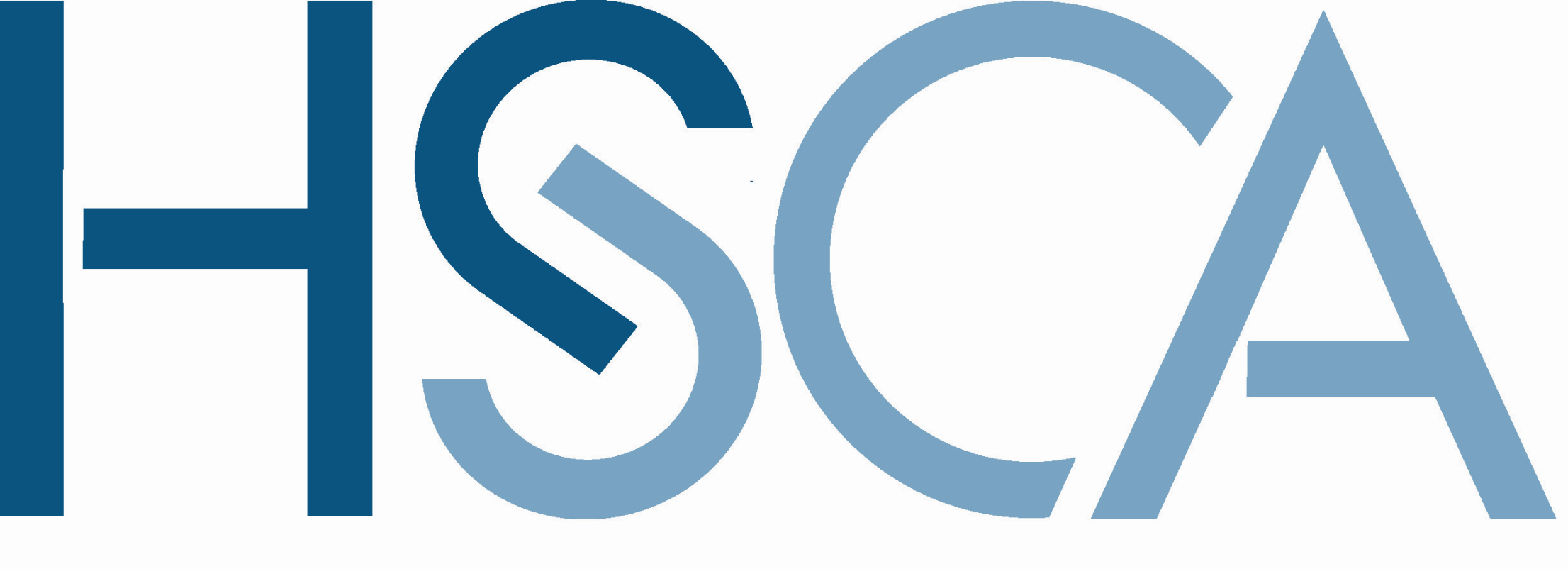The Facts on Drug Shortages, Phillip Zweig, and PADS
Fringe elements with a direct financial interest in attacking group purchasing organizations have waged a decade-long misinformation campaign against GPOs. Through their efforts, they have attempted to link the industry to virtually every emergent healthcare crisis, recently including drug shortages. Below are the facts on drug shortages, as well as information about Physicians Against Drug Shortages and its Executive Director Phil Zweig.
The U.S. Food and Drug Administration (FDA)[1], HHS, Government Accountability Office (GAO)[2], Congress, academia, and others, have thoroughly examined the issue of drug shortages and identified manufacturing problems, quality control issues, and barriers to getting new suppliers online as the primary causes of shortages.
GPOs are taking a variety of creative and innovative steps to increase competition in the market and mitigate drug shortages.[3]
All GPO contracts are voluntary and a product of competitive market negotiations between sophisticated parties. All hospitals can purchase off contract and often do. Contracts can and are cancelled, and pricing adjusted regularly. Manufacturers regularly and quickly adjust pricing of GPO contracts when they experience shocks to production.
GPO cost savings, administrative structure and business practices have all been thoroughly reviewed by the U.S. Government Accountability Office (GAO)[4], Department of Justice[5], Federal Trade Commission, the U.S. Supreme Court[6], the 8th Circuit Court of Appeals[7], academia and virtually all of America’s 7,700 hospitals.
Physicians Against Drug Shortages is a group of a handful of individuals with no apparent experience, training or expertise in supply chain management.
The Executive Director of Physicians Against Drug Shortages, Phil Zweig, has over the last decade, implicated GPOs in everything from the rise of the AIDs virus, to the murder of two U.S. attorneys, and has accused two sitting U.S. Senators of conspiring to cover up widespread corruption.
Phil Zweig has tried to intimidate academics whose research yielded positive conclusions about GPOs in an effort to have them recant their work, and has even tried to have them disciplined by their universities.
For more information on GPO efforts to help combat critical prescription drug shortages, please visit www.drugshortage.org
For additional drug shortage resources, click here.
For information on what others are saying about the causes of drug shortages, click here.
[1] FDA Webinar on Drug Shortages, U.S. Food and Drug Administration, September 30, 2011.
[2] Drug Shortages: FDA’s Ability to Respond Should be Strengthened, U.S. Government Accountability Office, December 15, 2011.
[3] See, e.g., Group Purchasing Organizations (GPOs) Work to Maintain Access to Product Supply for America’s Health Care Providers, Avalere Health, 2012.
[4] See, e.g., Services Provided to Customers andInitiatives Regarding Their Business Practices,U.S. Government Accountability Office (GAO), GAO-10-738, Aug 24, 2010.
[5] 7 See, e.g., DOJ and FTC, Statements of AntitrustEnforcement in Health Care, Statement 7: Enforcement Policy on Joint PurchasingArrangements Among Health Care Providers(Washington, D.C.: August 1996).
[6] 8 See, e.g., NorthwestWholesale Stationers, Inc. v. Pacific Stationery and Printing Co., 472 U.S. 284 (1985).
[7] 9 Southeast MissouriHospital v. C.R. Bard, Inc., No. 09-3325 (8th Cir. June 8, 2011).
